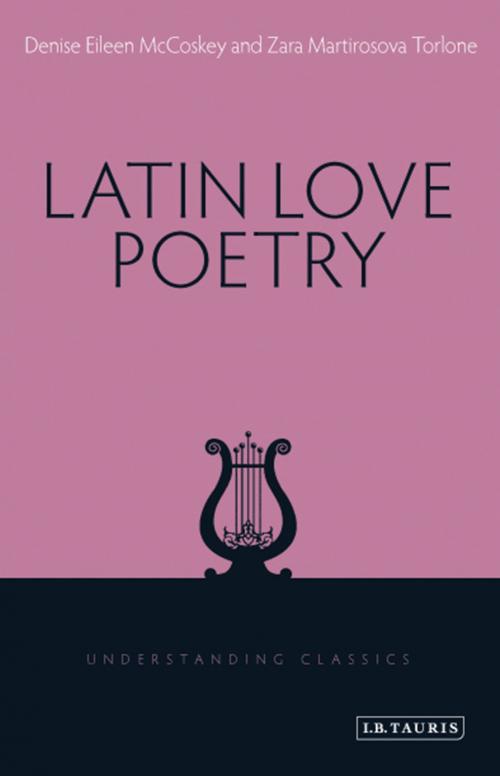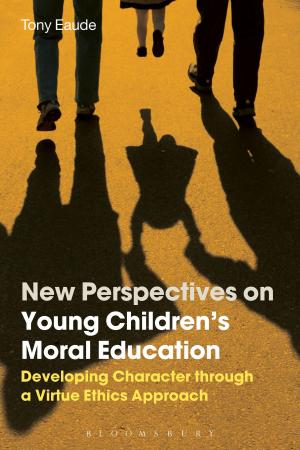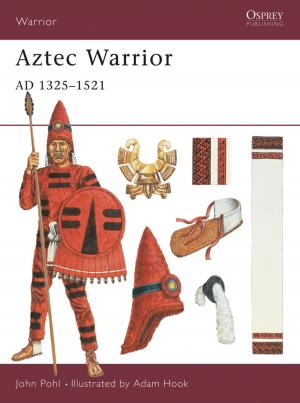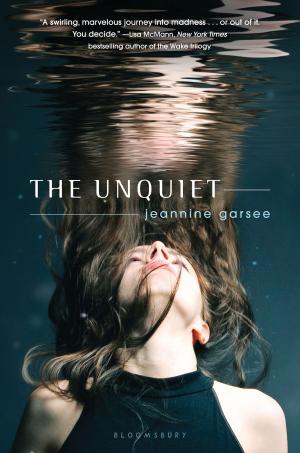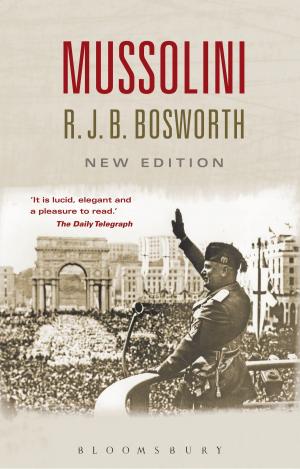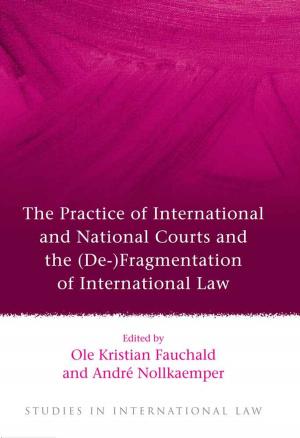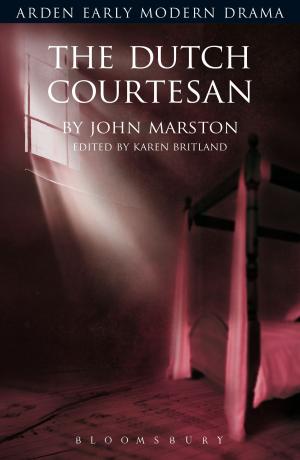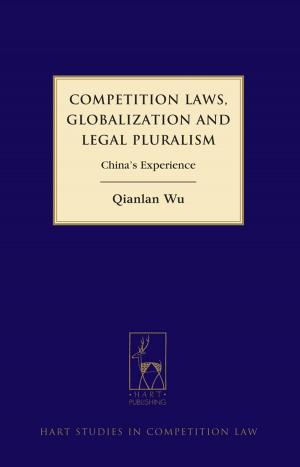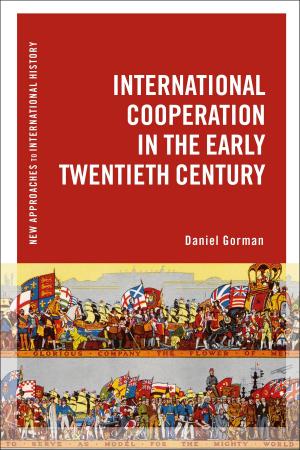Latin Love Poetry
Fiction & Literature, Literary Theory & Criticism, Nonfiction, Religion & Spirituality, Philosophy, History| Author: | Denise Eileen McCoskey, Zara M. Torlone | ISBN: | 9780857734730 |
| Publisher: | Bloomsbury Publishing | Publication: | December 17, 2013 |
| Imprint: | I.B. Tauris | Language: | English |
| Author: | Denise Eileen McCoskey, Zara M. Torlone |
| ISBN: | 9780857734730 |
| Publisher: | Bloomsbury Publishing |
| Publication: | December 17, 2013 |
| Imprint: | I.B. Tauris |
| Language: | English |
The three major Roman love poets - Tibullus, Propertius and Ovid - are celebrated for the ways in which they used social and historical contexts, as well as a highly developed sense of place and landscape, to inform their explorations of passion and desire. These writers pursued both men and women, and expressed romantic attachments to the bucolic countryside as well as to the city of Rome. At the same time, they initiated a vibrant exchange with other genres and authors, and explored the art of writing as much as the experience of love itself. This new and attractive survey of a genre that is often called elegy - because of its metre - discusses the poets and their writings against the turbulent backdrop of the Augustan age (31 BCE-14 CE). It examines the literary origins of Latin elegy, highlights the poets' key themes and traces their reception by later writers and readers. Introducing the chief Latin elegists, as well as these poets' main sources of inspiration (Catullus, Cornelius Gallus and earlier Greek elegists like Euphorion of Chalcis), the book shows that love elegy is the defining genre of Roman poetry.
The three major Roman love poets - Tibullus, Propertius and Ovid - are celebrated for the ways in which they used social and historical contexts, as well as a highly developed sense of place and landscape, to inform their explorations of passion and desire. These writers pursued both men and women, and expressed romantic attachments to the bucolic countryside as well as to the city of Rome. At the same time, they initiated a vibrant exchange with other genres and authors, and explored the art of writing as much as the experience of love itself. This new and attractive survey of a genre that is often called elegy - because of its metre - discusses the poets and their writings against the turbulent backdrop of the Augustan age (31 BCE-14 CE). It examines the literary origins of Latin elegy, highlights the poets' key themes and traces their reception by later writers and readers. Introducing the chief Latin elegists, as well as these poets' main sources of inspiration (Catullus, Cornelius Gallus and earlier Greek elegists like Euphorion of Chalcis), the book shows that love elegy is the defining genre of Roman poetry.
